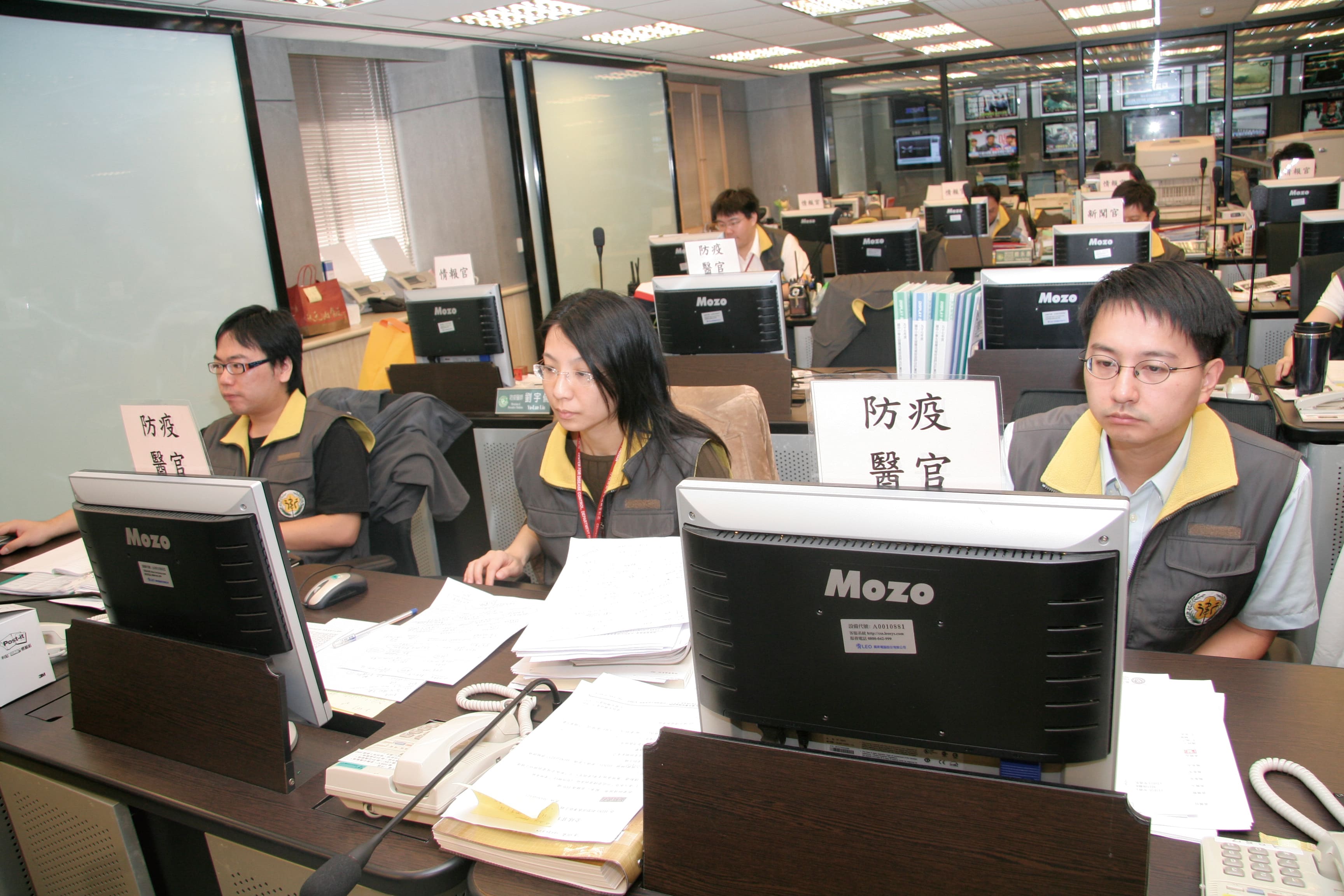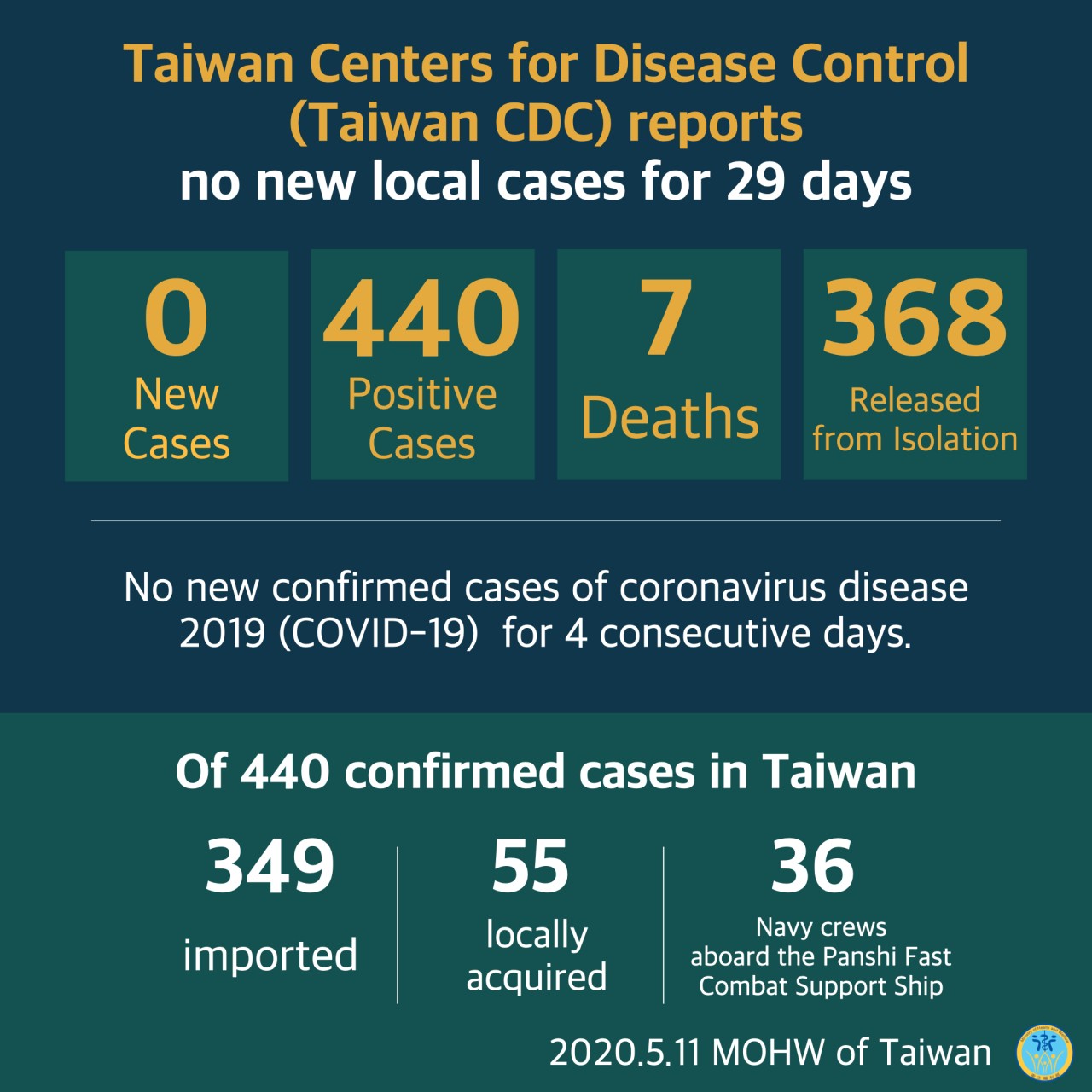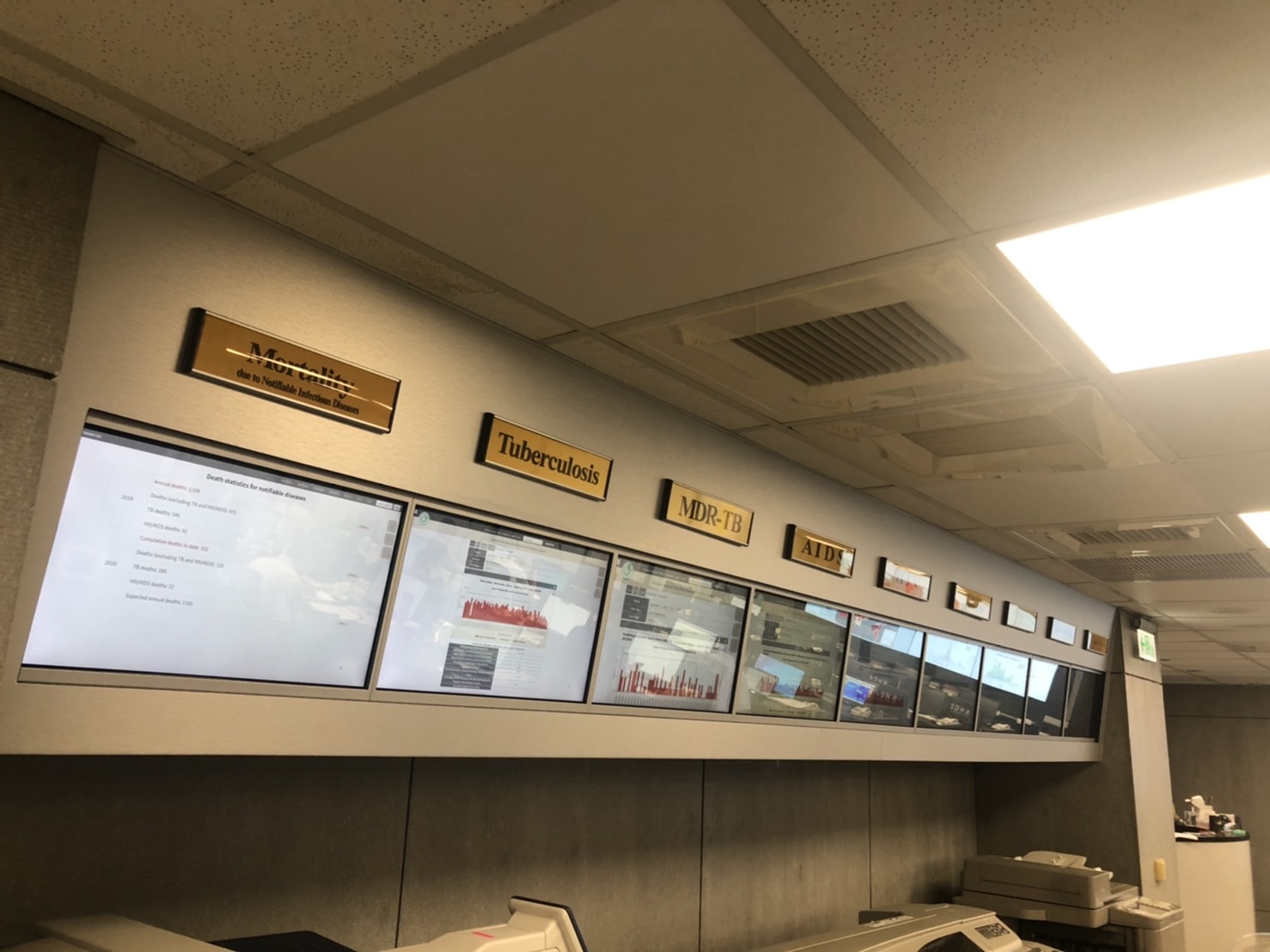World Updates | Update information about politics and social around the world
Taiwan's Central Epidemic Command Center Updates COVID-19 Travel Regulations
Confused on Taiwan’s COVID-19 travel regulations? Worry no more because Taiwan's Central Epidemic Command Center has just announced crucial updates that will affect your travel plans.
Editor's Notes: Taiwan's Central Epidemic Command Center Updates COVID-19 Travel Regulations have published today, 28th September 2023. This update is critical for anybody intending to travel to Taiwan. Therefore, continue reading to learn about the most recent changes and how they will affect your travel.
After conducting thorough study and gathering data, we have compiled this guide on Taiwan's Central Epidemic Command Center Updates on COVID-19 Travel Regulations. Our goal is to provide you with the information you need to make informed decisions regarding your travel plans.
Key Differences
| Before the Update | After the Update |
| PCR test required within 48 hours before departure | PCR test (within 48 hours) or rapid antigen test (RAT) within 24 hours |
| Mandatory 3-day quarantine upon arrival | No more mandatory quarantine |
| Limited flight capacity | Increased flight capacity |
Main Article Topics
FAQ
To keep the public informed, Taiwan's Central Epidemic Command Center has released the latest COVID-19 travel regulations, effective from March 1st, 2023. This FAQ section provides comprehensive information for hassle-free travel planning to Taiwan.
Question 1:
What are the entry requirements for Taiwan?
Currently, all travelers entering Taiwan must present a negative COVID-19 test result, either a rapid antigen test taken within 2 days of departure or a PCR test taken within 3 days of departure. Upon arrival in Taiwan, travelers will undergo a saliva-based PCR test and self-monitor for 7 days. During this period, travelers are advised to avoid crowded places and wear masks in public.
Question 2:
Are there any quarantine requirements?
As of March 1st, 2023, there are no quarantine requirements for travelers entering Taiwan, regardless of their vaccination status. However, travelers who test positive for COVID-19 upon arrival will be required to isolate for 5 days at a designated quarantine facility.
Question 3:
Is vaccination required to enter Taiwan?
Vaccination against COVID-19 is not a mandatory requirement for entry into Taiwan. However, it is strongly recommended to be fully vaccinated for enhanced protection against the virus.
Question 4:
What are the regulations for wearing masks in Taiwan?
Wearing masks is mandatory in specific indoor settings in Taiwan, such as public transportation, healthcare facilities, and crowded places. Travelers are advised to carry masks with them at all times and adhere to local regulations.
Question 5:
What are the restrictions on social gatherings?
There are currently no restrictions on social gatherings in Taiwan. However, individuals are encouraged to maintain social distancing and avoid large crowds, especially if they have underlying health conditions or are at higher risk of severe illness from COVID-19.
Question 6:
What resources are available for travelers who test positive for COVID-19 in Taiwan?
Travelers who test positive for COVID-19 in Taiwan will be provided with medical care and support. The Taiwan Centers for Disease Control (CDC) has established a dedicated hotline for foreign nationals who require assistance: +886-800-001-922.
Remember, these regulations are subject to change based on the evolving pandemic situation. For the most up-to-date information, refer to the official guidelines provided by the Taiwan Centers for Disease Control (CDC) and the Bureau of Consular Affairs, Ministry of Foreign Affairs, Republic of China (Taiwan).
By following these guidelines and staying informed, travelers can plan their trips to Taiwan with confidence and contribute to the collective effort to mitigate the spread of COVID-19.
Tips for International Travelers
To ensure a smooth and safe travel experience during the COVID-19 pandemic, the Taiwan Centers for Disease Control has implemented several regulations for international travelers. Here are some important tips to keep in mind:

SARS experience- Crucial Policy for Combating COVID-19 - Source covid19.mohw.gov.tw
Tip 1: Check Travel Restrictions and Visa Requirements: Before planning your trip, verify the current travel restrictions and visa requirements for Taiwan. These may vary based on your nationality and the purpose of your visit.
Tip 2: Get Tested Before Travel: All inbound travelers must present a negative COVID-19 PCR test result taken within 48 hours of boarding their flight to Taiwan. The test must be from a certified laboratory.
Tip 3: Quarantine Upon Arrival: After arriving in Taiwan, travelers are required to undergo a 14-day quarantine at a designated hotel or residence. During this period, they must remain isolated and follow specific guidelines.
Tip 4: Track Your Health: Monitor your health closely during your stay in Taiwan. If you experience any symptoms of COVID-19, such as fever, cough, or shortness of breath, seek medical attention immediately.
Tip 5: Stay Informed: Regularly check the Taiwan's Central Epidemic Command Center (CECC) for the latest updates on travel regulations and other COVID-19-related information.
Summary: By following these tips, international travelers can help prevent the spread of COVID-19 and ensure a safe and enjoyable trip to Taiwan. It is essential to stay informed about the evolving situation and adhere to all regulations to protect yourself and others.
Taiwan's Central Epidemic Command Center Updates COVID-19 Travel Regulations
In response to the evolving global COVID-19 situation, Taiwan's Central Epidemic Command Center has announced updates to its travel regulations, impacting both inbound and outbound travelers. These changes aim to balance the need for public health protection with the resumption of international travel. Understanding these key aspects is crucial for travelers planning to visit or depart from Taiwan.
- Pre-Departure Testing: Negative COVID-19 test within 48 hours before arrival is required for arrivals from high-risk countries.
- Quarantine Upon Arrival: Quarantine period reduced from 14 days to 10 days for arrivals from all countries, with a negative COVID-19 test on day 6.
- Mask Mandate: Masks are still mandatory in public indoor spaces and on public transportation, with stricter enforcement in high-risk settings.
- Enhanced Surveillance: Increased monitoring and targeted testing for travelers from high-risk countries and those showing symptoms.
- Gradual Relaxation: Progressive easing of travel restrictions based on the global COVID-19 situation and vaccination rates.
- Traveler Registration: Prior registration through the online Arrival Quarantine System remains mandatory for all arrivals.

Open and transparent information- Crucial Policy for Combating COVID-19 - Source topics.mohw.gov.tw
These updated travel regulations reflect Taiwan's cautious approach to managing the pandemic while gradually resuming international travel. By implementing these measures, Taiwan aims to protect its citizens and limit the spread of COVID-19, while facilitating the gradual reopening of its borders to facilitate trade, tourism, and other essential travel.
Taiwan's Central Epidemic Command Center Updates COVID-19 Travel Regulations
The Central Epidemic Command Center (CECC) announced adjustments to Taiwan's COVID-19 travel regulations, effective from September 29, 2022. All inbound travelers will be subject to a "0+7" quarantine. Upon arrival, they will be required to undergo a seven-day self-health management period, during which they must monitor their health and avoid contact with high-risk individuals. Travelers will not be required to quarantine in a designated quarantine facility but must comply with the self-health management measures. These updates are crucial in safeguarding Taiwan's public health while balancing international travel and economic needs amidst the ongoing pandemic.

The National Health Command Center keeps tracking domestic and - Source topics.mohw.gov.tw
This move signifies a gradual relaxation of Taiwan's border controls, aligning with the global trend. It reflects a greater confidence in the effectiveness of Taiwan's healthcare system and its ability to manage potential imported cases. The self-health management period aims to minimize the risk of community transmission while allowing individuals to resume their daily activities with caution.
The CECC's decision is based on scientific evidence and ongoing assessments of the pandemic situation. Taiwan's low COVID-19 case rates and high vaccination coverage have enabled the CECC to ease restrictions while prioritizing public health. The "0+7" quarantine allows individuals to maintain essential travel and business connections while ensuring necessary precautions are in place.
Key Insights:
Conclusion
Taiwan's Central Epidemic Command Center's recent update to travel regulations reflects the nation's cautious yet adaptable approach to managing the COVID-19 pandemic. The "0+7" quarantine signifies a significant shift towards greater international connectivity while prioritizing public health. As the pandemic evolves, Taiwan's response continues to demonstrate its commitment to evidence-based decision-making and safeguarding both the health and well-being of its citizens.
The relaxation of border controls is a testament to Taiwan's success in containing the virus and its confidence in its healthcare system. The ongoing need for self-health management underscores the importance of personal responsibility and collective vigilance in preventing community transmission. By embracing this approach, Taiwan aims to strike a balance between economic recovery and public health protection, contributing to the global fight against the pandemic.